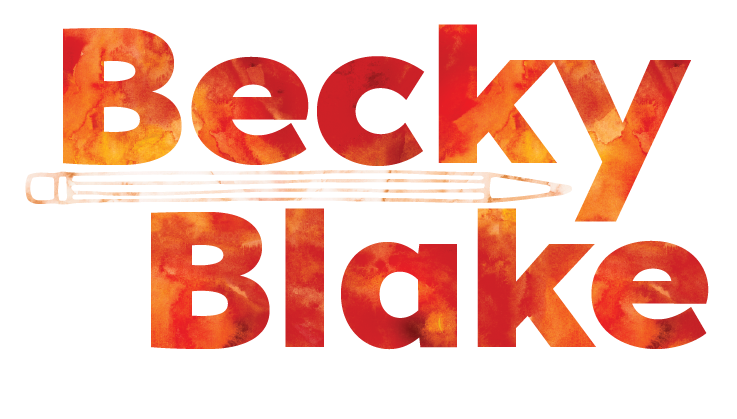“I can’t choose which subjects to do next year!”
“I’m not sure what I want to do when I finish school so how can I choose the subjects I need?”
“I’m so confused about it all and worried I’ll make the wrong choices!”
These are the conversations I’ve had with so many of the kids I work with over the past week. It seems that so many schools are getting down to subject selection at the moment, which can be really overwhelming. “Keep your options open!” they say, and then, “But you have to narrow down your choices!” at the same time.
Best advice is not to panic too much. Most subject choices are not set in stone; you can change during the first weeks of next year if you need to, but keep in mind your other preferences might not be available then. Yep, it’s daunting!
The lowdown is this. University and other further education courses usually have one of three requirements:
1. Specific subject requirements at SACE stage 2 level or equivalent. eg, you must have done Specialist Maths at stage 2 to get into most Engineering courses.
2. Assumed knowledge, where you don’t have to actually DO a subject to get into a course, but there is stuff you should be familiar with in order to understand the course, eg, you don’t have to have maths as a prerequisite for a Psychology degree, but it is assumed you will be able to keep up with the statistics component of the course.
3. No specific subject requirements
In addition to this some courses (like Medicine for example) require you to sit an additional special entry exam, or you might need to attend an interview or audition, or you may be asked to present a portfolio of work for some Artistic courses.
So, how can you possibly choose subjects when you don’t have any idea on what career path you want? Should you stick with maths even though you struggle with it, just in case it’s a prerequisite on the course you want to do a few years down the track?
Here’s some tips:
1. Be realistic. Careful of getting your ambitions and capabilities mixed up. Can you realistically achieve the scores you need for the course you want if you work hard enough? Are you suited to the job you’re considering personality-wise? Lifestyle-wise? Ask yourself good, honest questions.
2. Get as much work experience as you can. Volunteer at a hospital, a community hospitality event, help out in the school library or in a younger years classroom. Get a feel for the work you are considering. So many kids change their minds on their career paths after doing work experience, so try out as many things as you can. Also remember that even though you might not feel you’re doing much at work experience because they make you do small jobs instead of the stuff you want to do, it’s all about getting a feel for the job in general. Do you like the environment? The hours? The type of people? This will help you narrow your career path and your subject choices.
3. Work out what you DON’T want to do and the TYPES of jobs you want. Some people revel in the idea of becoming a policeman. For others it’s the last thing they’d want to do. Make a shortlist of the TYPES of jobs that suit you and have a look at the prerequisites for those on a website like: http://joboutlook.gov.au/. A majority of the time these jobs will fall underneath the same “bracket” of career eg, Business, IT or Science. It then makes it easier to choose subjects that will cover all of your career options.
4. TALK to people; your parents, your careers counsellor, your teachers, people who are working in the field you are considering. Most people, even if you don’t know them, will put aside half an hour to answer your questions and give you advice.
5. Make choices that are right for YOU, not anyone else. This means, don’t choose a Uni course or subjects because it’s what your friends are doing. Or even though your parents mean well, don’t feel you have to follow in their footsteps, or create the dream job opportunity they never had. Make your own path and do it your own way.
6. Always go for the more difficult level of subjects. You can always drop down to the next level, but it’s not usually possible to go up once you’ve dropped. For example, if you’re not sure whether you can do Maths A, B and C, give it a go. You can always change to a general Maths course if you find the going tough or decide on a career path that doesn’t require full-on Maths. If you start doing General Maths and then decide later on a career that needs more Maths, then you’ve just cut off some options.
7. Play to your strengths. If you’re looking at courses that have no specific requirements or assumed knowledge, then choose the subjects you excel in. Don’t choose subjects just because you feel you should, or because they don’t get scaled down by SACE. Choose them because you LIKE them, you are GOOD at them or you are PASSIONATE about them. Then you’ll have a good chance of getting a higher score at the end of the year.
8. Look at Workplace Wednesday posts on my Facebook page, Becky Blake Study Skills Rockstar. Every week a different occupation is posted with the person letting you know more about their industry and what they needed to do to get into it. All food for thought.
If you’re stuck and are trying to fill a few subject lines for a semester in year 10 or 11, choose some that will help with your future in general. It always helps to be able to balance your books personally and when running a small business, so Accounting and Business studies are good choices. Food and Hospitality courses will help you cook your own meals when you move out of home and even cater for a small office party. A course in Psychology will always help you understand and relate to people and is used in many different areas from counselling to marketing. My favourite go-to course is Outdoor Education. Getting involved in physical activities outdoors, whether it be rock climbing, hiking or camping, are all character-building activities which teach resilience, problem solving techniques and expose strengths in your personality. All really vital for survival in any workplace in the future.
So, don’t sweat the subject choice minefield too much, but start doing some research into optional career paths so it becomes easier to make realistic choices.




